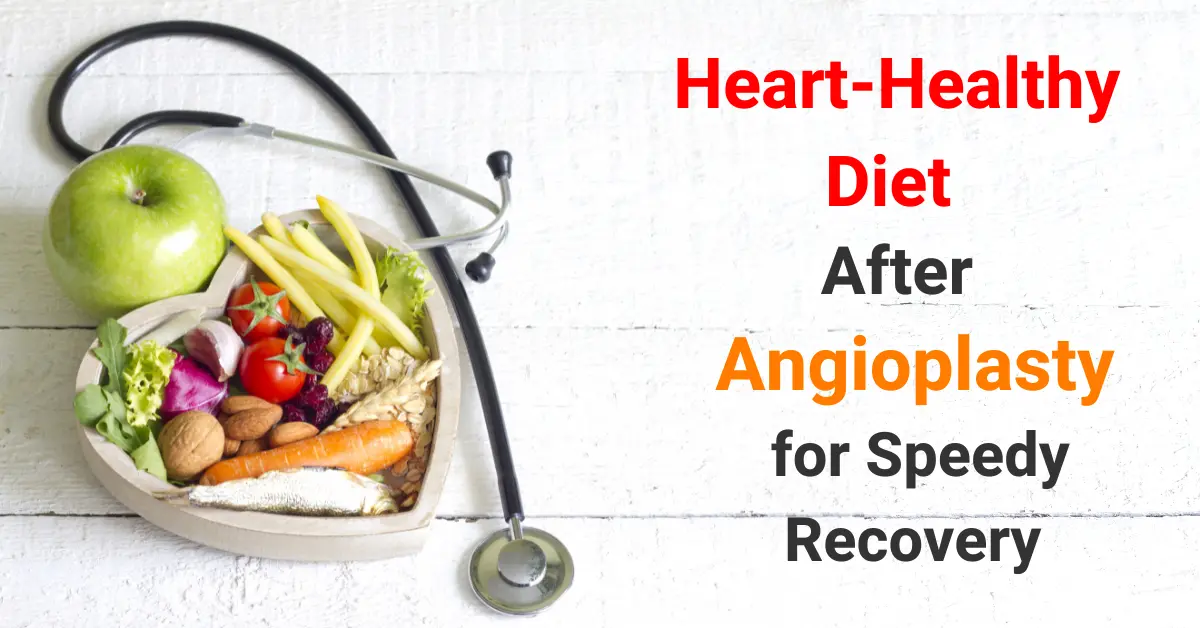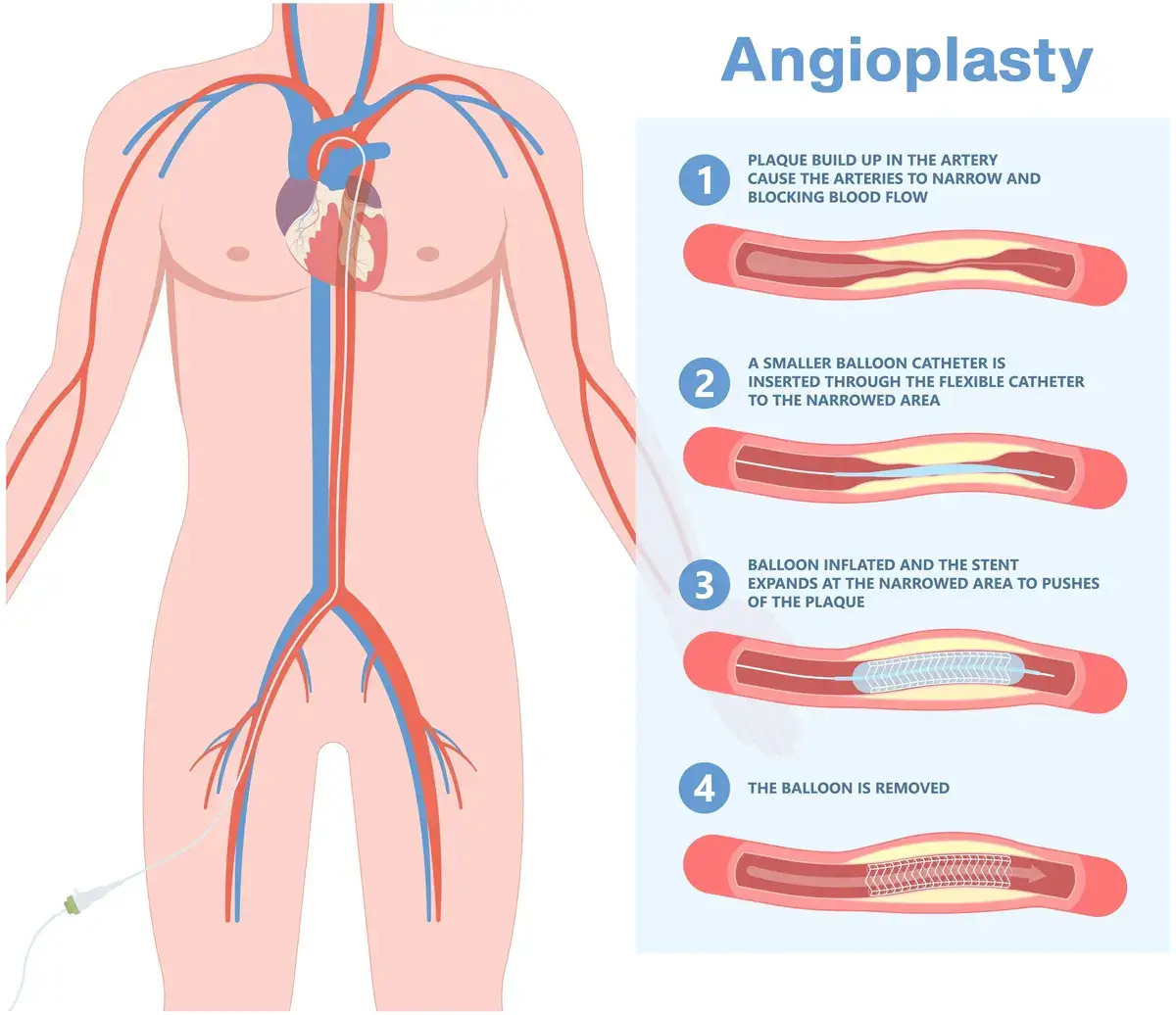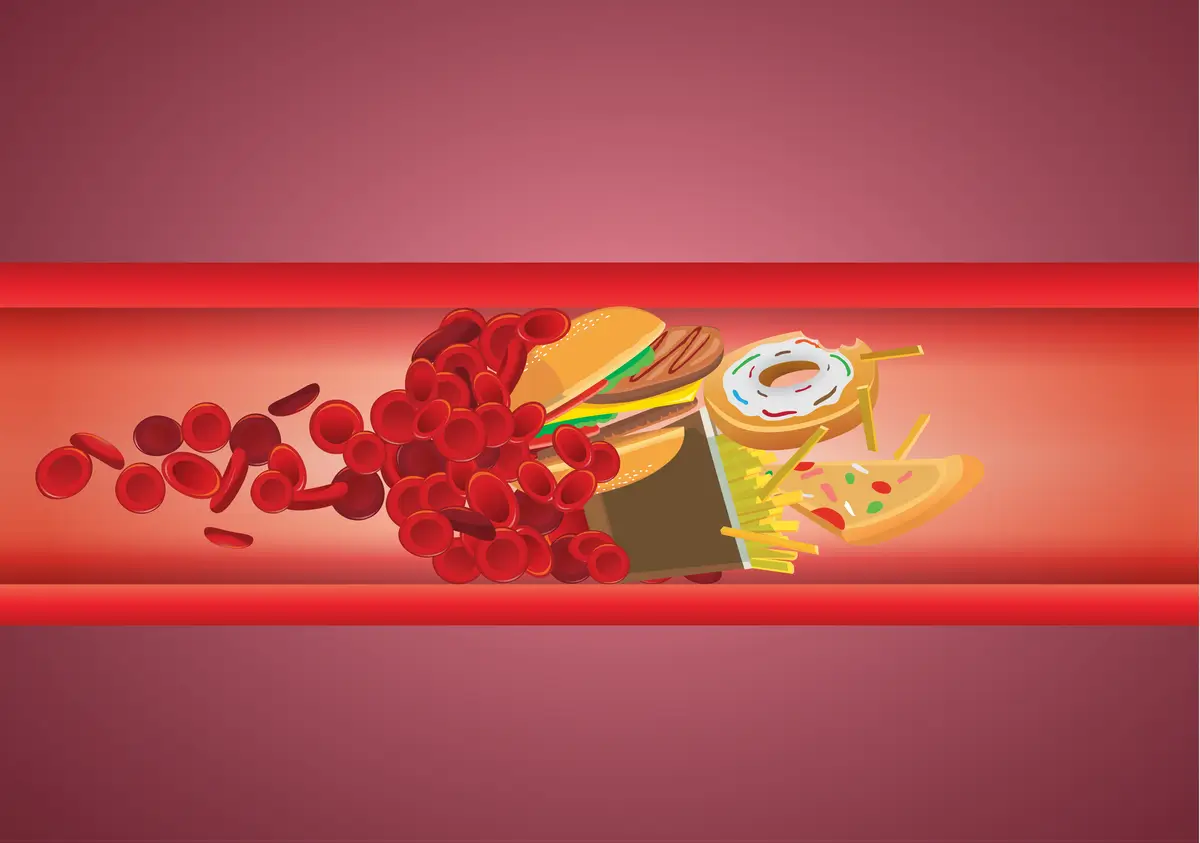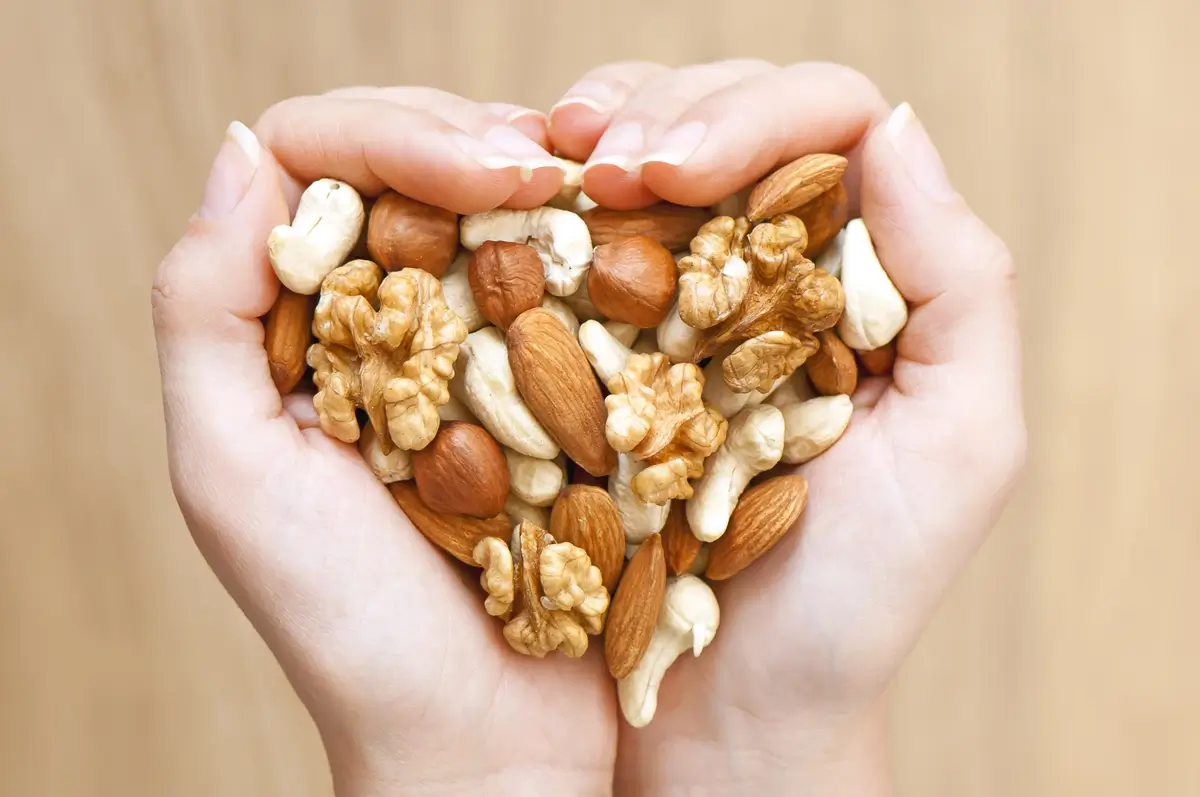Heart-Healthy Diet After Angioplasty for Speedy Recovery

Angioplasty is a common medical procedure used to improve blood flow in the arteries. It is often recommended for individuals with coronary artery disease, a condition that can lead to heart problems, heart failure, and even heart attack and stroke. After undergoing angioplasty, maintaining a healthy diet is crucial for optimal recovery and to reduce the risk of heart disease.
What is Angioplasty and Why is a Heart-Healthy Diet Important After the Procedure?
Angioplasty is a procedure that involves opening blocked or narrowed coronary arteries to restore blood flow to the heart muscle. The importance of a heart-healthy diet post-angioplasty cannot be overstated. Understanding the angioplasty procedure and the vital role of diet in optimum recovery is essential for patients.
Understanding Angioplasty Procedure

Angioplasty is a procedure performed to improve blood flow through the artery. It may involve the use of a stent to support the artery walls and keep the vessel open.
Importance of Heart-Healthy Diet Post Angioplasty
After undergoing angioplasty, following a heart-healthy diet is crucial to support the healing process and prevent further issues with the arteries and heart.
Role of Diet in Optimum Recovery
A healthy diet rich in fibre and nutrients plays a crucial role in the recovery process after angioplasty. It can help reduce the risk of heart disease and maintain a healthy heart.
What Foods Should You Avoid After Angioplasty?
After angioplasty, certain foods should be avoided to promote heart health and reduce the risk of further complications. Understanding the impact of stents on diet and avoiding alcohol, fatty and sugary foods is essential for patients.
Foods to Avoid for Heart Health

Processed foods, saturated fats, and trans fats should be avoided as they can contribute to the build-up of cholesterol and increase the risk of blocked arteries.
Impact of Stent on Diet
Having a stent does not directly impact diet restrictions, but it is important to avoid foods that can lead to the narrowing of arteries or hinder blood flow.
Avoiding Unhealthy Foods
Fatty, oily, salty, and sugary foods can elevate cholesterol levels, leading to the risk of heart disease, so it is important to steer clear of such items.
What Constitutes a Heart-Healthy Diet After Angioplasty?
After angioplasty, it is important to focus on a diet that promotes heart health and aids in the recovery process. Incorporating whole grains, beneficial fruits and vegetables, and the consumption of nuts and seeds can significantly contribute to a heart-healthy diet.
Incorporating Whole Grains
Whole grains, such as oats, brown rice, barley, buckwheat, sorghum, rye, millet, and quinoa, are rich in fibre and nutrients that support heart health. Including whole grains in the diet can aid in reducing cholesterol levels and maintaining optimal blood flow in the arteries. Substituting white bread with wholemeal bread is highly recommended. The same goes for white rice and white flour. Substituting with brown rice and wholemeal flour is essential for heart patients.
Beneficial Fruits and Vegetables
Fruits and vegetables are rich in vitamins, minerals, and antioxidants that support heart health and aid in reducing the risk of heart disease. However, grapefruit must be avoided in patients who are on antiarrhythmic medications.
The Role of Nuts and Seeds

Nuts and seeds contain heart-healthy fats and essential nutrients that can aid in maintaining a healthy weight and lowering the risk of heart-related complications, making them valuable additions to a post-angioplasty diet. As per Dr Michael Ross MacDonald, incorporating almonds, walnuts, macadamia nuts, sunflower seeds, and pumpkin seeds among others can have a positive impact on arterial health.
What Types of Foods Are Considered Heart-Healthy?
Choosing the right foods is crucial for optimal recovery and to reduce the risk of heart disease after angioplasty. Patients must select lean meat for heart health, avoid fatty and spicy foods, and prioritise heart-healthy foods.
Choosing Lean Meat for Heart Health
Lean meat, such as skinless poultry and fish, can provide essential nutrients without the high saturated fat content found in some red meats. It is beneficial for arterial health and can be incorporated into a heart-healthy diet after angioplasty.
Avoiding Fatty and Spicy Foods
To maintain a healthy heart and expedite recovery after angioplasty, reducing the intake of fatty foods, especially those high in saturated and trans fats, is crucial. Opting for healthier cooking methods and choosing leaner cuts of meat can contribute to the overall heart health of angioplasty patients. At the same time, overly spicy food should be avoided as it can increase one's body temperature and cause heart palpitations.
Importance of Prioritising Heart-Healthy Foods
Selecting heart-healthy foods is essential to maintain a balanced diet that supports heart health and lowers the risk of arterial complications.
How to Reduce the Risk of Heart Disease Through Diet After Angioplasty?
Reducing the risk of heart disease through diet is crucial for individuals who have undergone angioplasty. Understanding the effects of different types of fats on arterial health, the impact of diet on lowering cholesterol levels, and reducing the risk factors through diet is vital for optimum recovery.
Reducing the Risk Factors Through Diet
Regular physical activity, along with a heart-healthy diet, can help reduce the risk factors associated with heart disease and improve overall cardiovascular health.
Effects of Different Types of Fats on Arterial Health
Consuming healthy fats, such as those found in avocados and olive oil, can support arterial health and reduce the risk of heart disease while avoiding unhealthy fats is crucial for recovery after angioplasty.
Impact of Diet on Lowering Cholesterol Levels
A diet low in cholesterol and saturated fats can help lower cholesterol levels and reduce the risk of blocked arteries, contributing to a healthy heart and optimal recovery after angioplasty.
Singaporean Diet After Angioplasty and its Influence on Heart Health

Adapting to a Heart-Healthy Diet Within the Singaporean Culinary Culture
The Singaporean diet is rich in diverse flavours and culinary traditions. It is essential for individuals undergoing angioplasty to adapt to a heart-healthy diet while embracing the vibrant and flavorful aspects of the Singaporean culinary culture. Incorporating local herbs and spices can enhance the heart-healthy attributes of the diet.
Strategies for Incorporating Heart-Healthy Eating Habits in the Singaporean Diet
According to nutritionists, strategies for incorporating heart-healthy eating habits into the Singaporean diet include selecting lean protein sources, incorporating a variety of fruits and vegetables, and opting for whole-grain options such as brown rice or whole-grain noodles. Balancing traditional dishes with heart-healthy choices is key to optimising recovery after angioplasty.
Effect of Local Singaporean Foods on Post-Angioplasty Recovery
The influence of local Singaporean foods on post-angioplasty recovery can be positive when mindful dietary choices are made. Embracing the culinary diversity and including heart-healthy options can contribute to supporting arterial health and the overall well-being of angioplasty patients within the Singaporean culinary context.
Conclusion
In conclusion, adopting a heart-healthy diet is paramount for a speedy recovery after angioplasty, a common procedure to enhance blood flow in arteries. A focus on dietary choices can significantly contribute to maintaining optimal heart health and reducing the risk of complications post-surgery. You may book an appointment with one of our cardiologists at The Harley Street Heart and Vascular Centre or contact us for more information. Our friendly staff will assist you in scheduling a convenient time for your consultation with our experienced cardiologist. Thank you for choosing The Harley Street Heart and Vascular Centre for your cardiology care.

